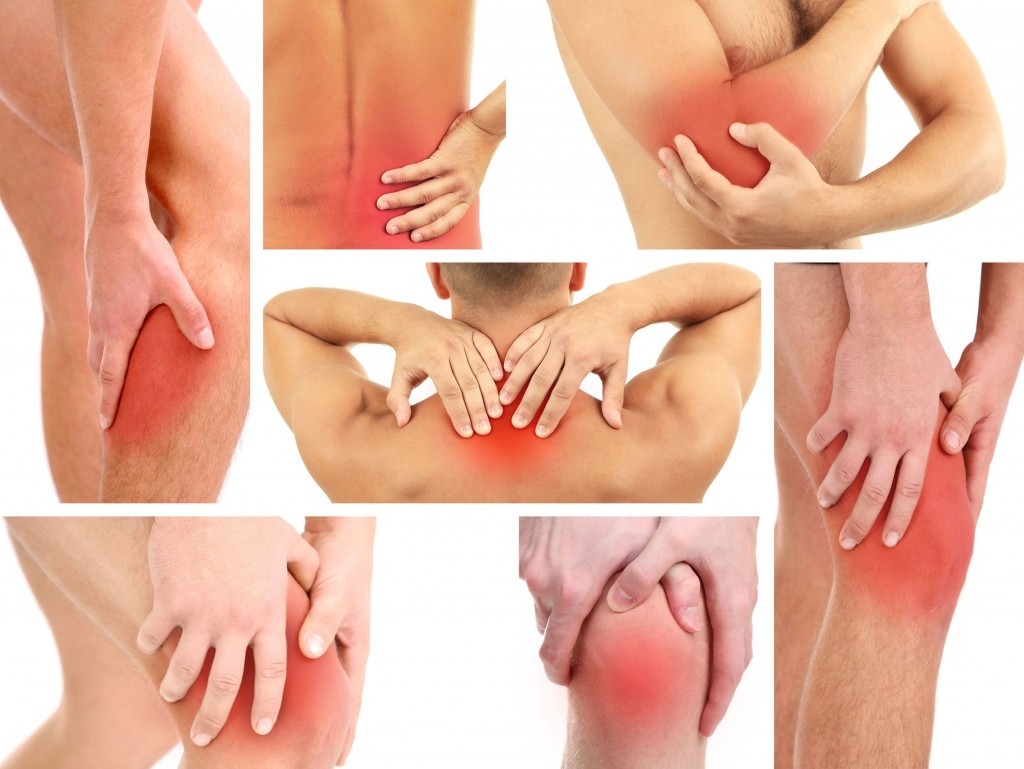Joint pain is a common complaint during the monsoon season, and it can be exacerbated by the sudden changes in temperature and increased humidity. These weather conditions can impact your joints and overall well-being in several ways. Research indicates that high humidity can thicken the blood and elevate blood pressure, which might interfere with blood circulation and contribute to joint pain, muscle stiffness, and potential injuries. If you are struggling with joint pain during the rainy season, here are five practical tips to help alleviate discomfort.
1. Stay Physically Active
Even though joint pain might make you want to avoid exercise, staying active is important for managing pain and stiffness. However, it is essential to choose exercises that are gentle on your joints. Opt for low-impact activities such as swimming, walking, or gentle stretching. These activities can help maintain joint function and muscle strength without placing undue stress on your body. Before starting any new exercise regimen, it is advisable to seek advice from a healthcare professional to ensure that the exercises are suitable for your condition.
2. Use Cold and Heat Therapy
Applying cold or heat to the affected joints can provide significant relief from pain. For instances of joint stiffness or discomfort, using a warm compress, hot water bottle, or heating pad can be beneficial. Heat therapy helps relax muscles and can alleviate pain. On the other hand, if you are dealing with joint swelling or inflammation, cold therapy might be more effective. Ice packs or cold compresses can reduce swelling and numb the pain. It is a good idea to consult with a healthcare provider to choose the most appropriate method for your symptoms.
3. Minimize Air Conditioner Use
If you suffer from arthritis or other joint conditions, using an air conditioner might exacerbate your pain. Cold air from the AC can lead to increased joint stiffness and discomfort. To manage your symptoms, consider setting the temperature of the air conditioner to a warmer setting or using a fan instead. This adjustment can help you avoid exacerbating your joint pain during the monsoon season.
4. Limit Sodium Intake
A diet high in sodium can lead to water retention and increased swelling, which can worsen joint pain. To help manage your condition, it is beneficial to reduce your salt intake. Aim to keep your daily sodium consumption below 1500 mg. Reducing your salt intake can also help prevent calcium loss from your bones, which is important for maintaining bone strength and reducing the risk of fractures. Opt for fresh, unprocessed foods and use herbs and spices for flavor instead of salt.
5. Eat a Nutrient-Rich Diet
A balanced diet rich in vitamins and minerals supports joint health and can help alleviate pain. Foods high in vitamin E, calcium, and antioxidants are particularly beneficial. Include fruits, vegetables, whole grains, and nuts in your meals. Additionally, consuming hot soups and drinking plenty of water can support joint elasticity and hydration. A diet that emphasizes these nutrients can help protect your muscles and joints from damage caused by free radicals.
Consult a Healthcare Professional
If you have chronic conditions like arthritis, it is essential to work with a healthcare professional to manage your symptoms effectively. A doctor can help develop a treatment plan tailored to your needs, which may include anti-inflammatory medications, pain relievers, or other therapies. Following your prescribed treatment plan is important for managing your joint pain and maintaining your overall health.
By following these strategies, you can manage joint pain more effectively during the monsoon season and improve your comfort and quality of life.
Conclusion: Always consult with your doctor or a healthcare professional before making significant dietary changes for joint health. They can provide personalized guidance based on your medical history and current health status.
Note – If you have any health-related concerns, please call us at +91-9058577992 to receive free consultation from our experienced doctors. Thank you.
